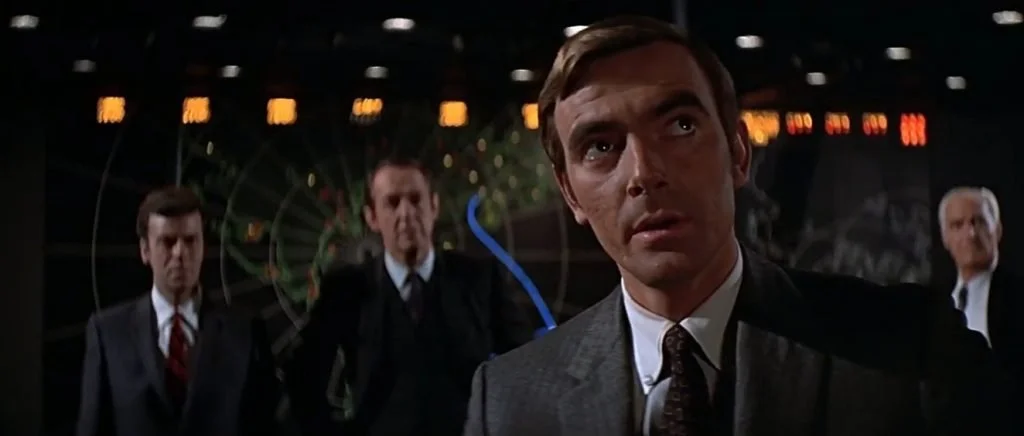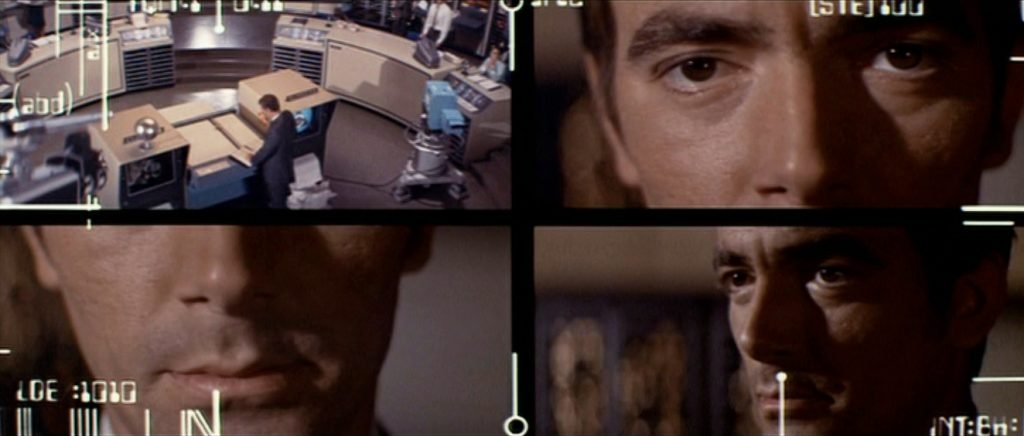Why we don’t listen to stories like Colossus that tell us not to trust the machines
My forthcoming book completed discusses the dominance of dystopian visions of the future, which is hardly surprising given the multiple, overlapping environmental, economic, and political crises we face. In the book, I use nine classic sci-fi movies to discuss various aspects of the coming dystopia. One of them is Colossus: The Forbin Project (1970).
Colossus – which deserves to be better known than it is – was tautly but almost naturalistically directed by Joseph Sargent, who also made the classic original version of The Taking of Pelham One Two Three (1974), and based on D.F. (Dennis Feltham) Jones’ 1966 first novel (‘A Novel of Tomorrow that Could Happen Today!’), with a screenplay by James Bridge, who would write and direct another 1970’s classic about dangerous over-confidence in technology, The China Syndrome (1979).
In the story, the US has built a supercomputer that is designed to bring world peace. Of course, that’s not how it turns out...
It’s a genre trope, of course: the seemingly benign but actually malevolent machine that threatens humanity. Normally, we’d say this is about a fear of technological progress, dehumanization, and of systems we create becoming our masters rather than our servants. Colossus certainly touches on these themes, and it’s prescient about our digitally connected age, including technological dependency, and privacy and surveillance.
But as I discuss in the book, it’s also a good metaphor for being trapped inside what we were promised would be a benign economic ‘computer’ – one that its ‘programmers’ confidently told us would bring universal peace and security, but in reality has wrought the opposite.
Neoliberalism claimed that it had discovered a perfect economic machine that could meet every need and solve every problem, one that could also operate on its own – hence the feeling that we’ve lost control, and why we’re anxious and angry about it.
It’s not surprising then, living under the rule of the machines, that we feel like ones and zeros, in a program we can’t rewrite, inside a computer we can’t reboot.
But for more on that, you’ll have to read the book.
Come With Me If You Want To Live: The Future as Foretold in Classic Sci-Fi Films, is out in November from Lexington Books. You can read more about it here.





